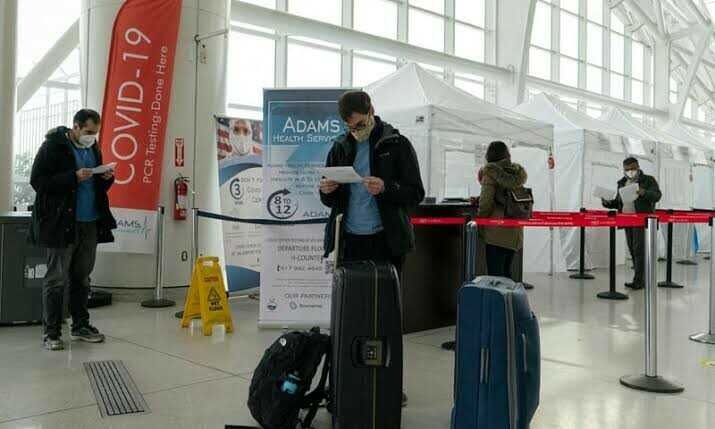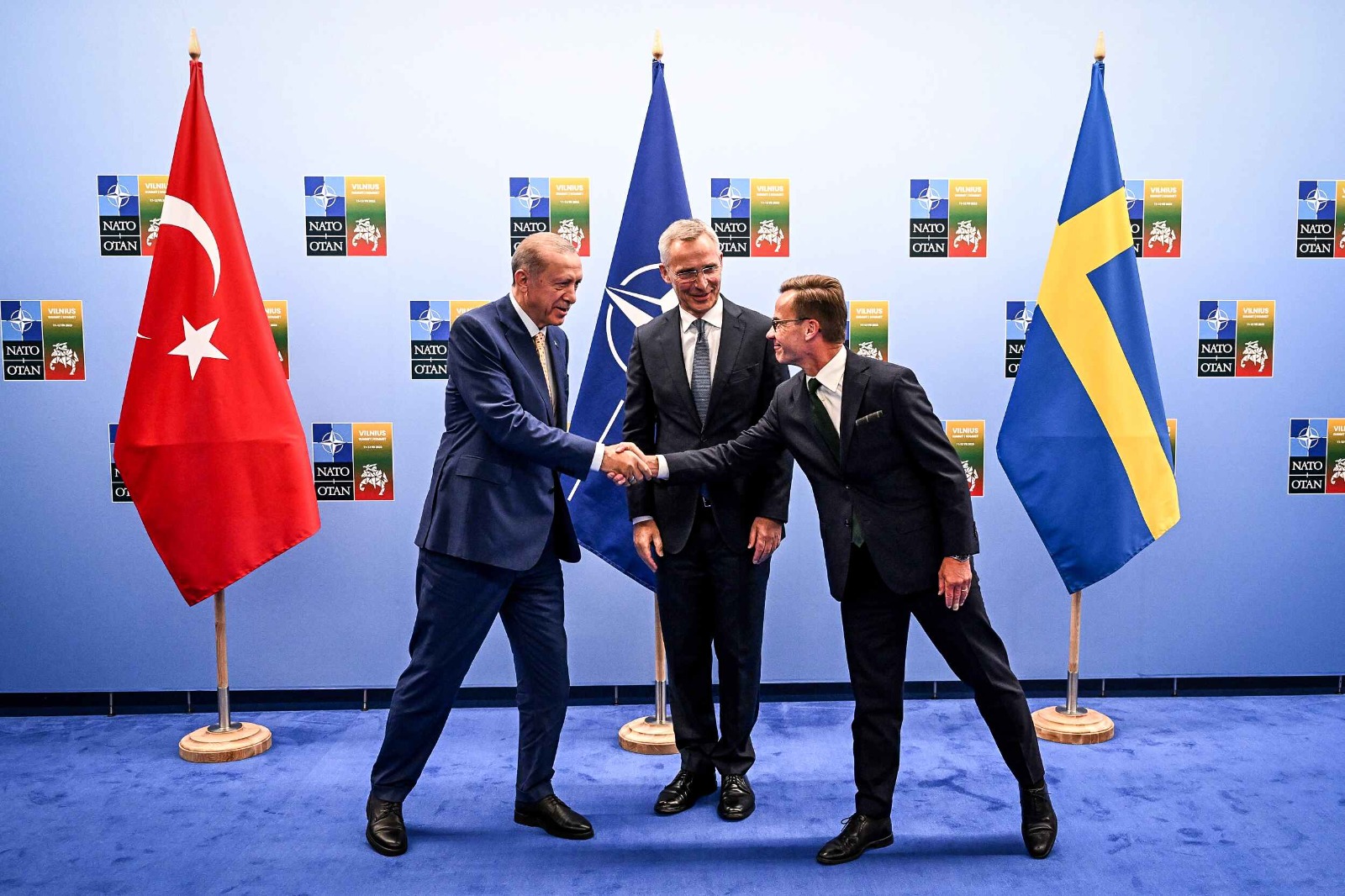New York City immigration authorities have successfully apprehended an international fugitive who had been sought by Brazilian authorities on charges of active corruption of a public official. The 32-year-old individual, originally a Pakistani citizen and a permanent resident of Brazil, was taken into custody outside his residence in Queens, New York. Although the suspect’s name has not been disclosed, this arrest marks a significant development in international cooperation on legal matters.
Arrest on American Soil
The operation, executed by the New York Enforcement and Removal Operations (ERO) service, a division associated with the United States Department of Justice, has brought this fugitive to justice. The ERO has not publicly identified the individual, but they revealed that the Department of State post in Islamabad had denied him a non-immigrant B1/B2 visa on August 26, 2014.
The case took a turn when the US Border Patrol arrested this non-citizen on April 5, 2016, in California. He was served a notice and order of expedited removal, alleging that he had entered the United States as an immigrant without a valid, unexpired immigrant visa or other acceptable entry documentation. Since 2016, the individual had been out on bond as he navigated through the American immigration process.
International Collaboration in Action
On March 7, an assistant US attaché assigned to Brazil shared crucial information with the ERO New York City office regarding the non-citizen’s fugitive status on an international scale. This development underscores the importance of cross-border cooperation and information-sharing, particularly in cases involving serious criminal charges.
The ERO’s Fugitive Operations officers took swift action, arresting the individual on October 11 and subsequently canceling his bond. The suspect now awaits the continuation of his removal proceedings and will remain in custody throughout this process.
Implications and Legal Procedures
The arrest and impending legal proceedings against the international fugitive signal a significant step in the fight against corruption and crime across borders. This case demonstrates that immigration officials are actively collaborating with foreign authorities to bring individuals accused of criminal activities to justice.
The suspect’s identity and specific corruption charges remain undisclosed, leaving room for further investigation and legal action. As the removal proceedings continue, the international community will be closely watching how this case unfolds and its potential impact on future cross-border law enforcement operations.
















